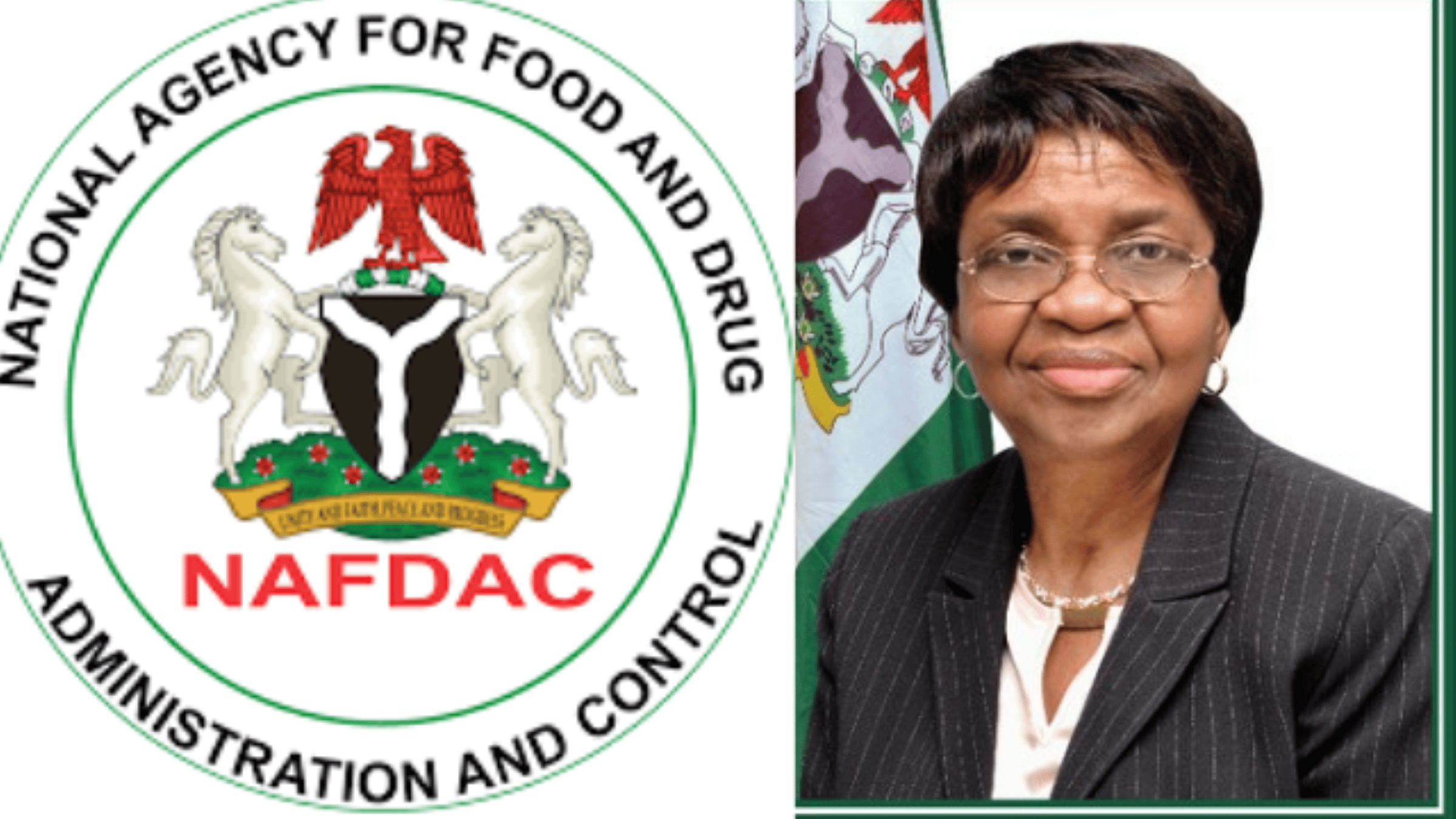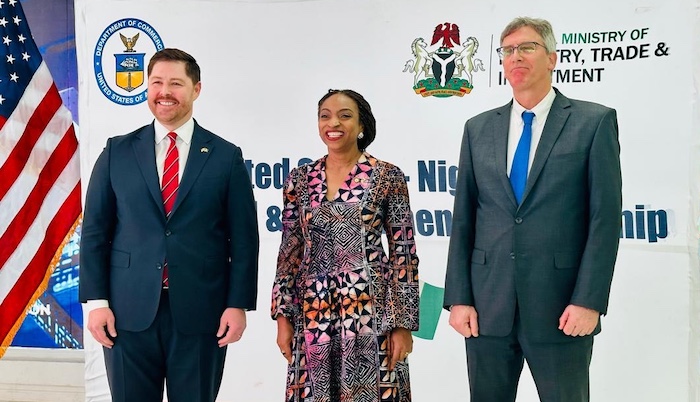
The National Agency for Food and Drug Administration and Control (NAFDAC) has announced that it will begin full enforcement of the ban on the production and sale of alcoholic beverages packaged in sachets and small bottles below 200ml by December 2025.
NAFDAC Director General, Prof. Mojisola Adeyeye, issued the directive during a press briefing in Abuja on Tuesday, stressing that the deadline is final and non-negotiable.
“This ban is not punitive; it is protective,” Adeyeye declared. “It is aimed at safeguarding the health and future of our children and youth. No extension will be entertained beyond December 2025.”
She noted that the widespread availability of high-alcohol-content drinks in sachets and mini bottles has made them “easily accessible, affordable, and concealable,” fueling misuse and addiction—particularly among minors, commercial drivers, and vulnerable communities.
Describing the decision as “rooted in scientific evidence and public health considerations,” Adeyeye said NAFDAC will not bow to pressure from manufacturers resisting the policy.
“We cannot continue to sacrifice the well-being of Nigerians for short-term economic gain. The health of a nation is its true wealth,” she insisted.
The NAFDAC DG linked the proliferation of cheap, high-proof sachet drinks to rising cases of domestic violence, road accidents, school dropouts, and other social vices.
Her remarks follow a resolution by the Senate raising alarm over minors’ unrestricted access to cheap alcoholic drinks sold in sachets.
The ban has been years in the making. In December 2018, NAFDAC signed a five-year Memorandum of Understanding (MoU) with the Federal Ministry of Health, the Federal Competition and Consumer Protection Commission (FCCPC), the Association of Food, Beverage and Tobacco Employers (AFBTE), and the Distillers and Blenders Association of Nigeria (DIBAN), agreeing to phase out the packaging of alcohol in sachets and small bottles by January 2024.
The announcement triggered protests from DIBAN, which claimed the policy would cost thousands of jobs and urged the agency to reconsider.
In response, NAFDAC extended the moratorium to December 2025, giving manufacturers time to clear existing stock and reconfigure production lines.
However, Adeyeye made it clear that the new deadline is final. Beginning January 2026, NAFDAC will work with security agencies to clamp down on retailers, distributors, and manufacturers who fail to comply.
The agency has urged all stakeholders to adhere strictly to the directive as the countdown to the final enforcement begins.



